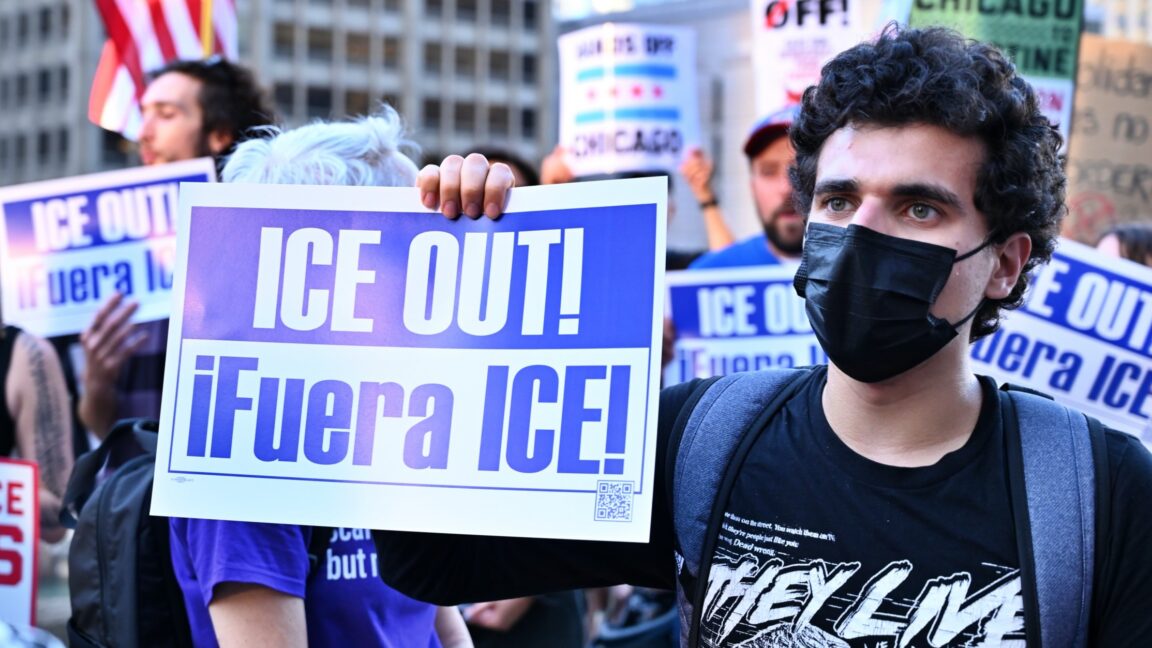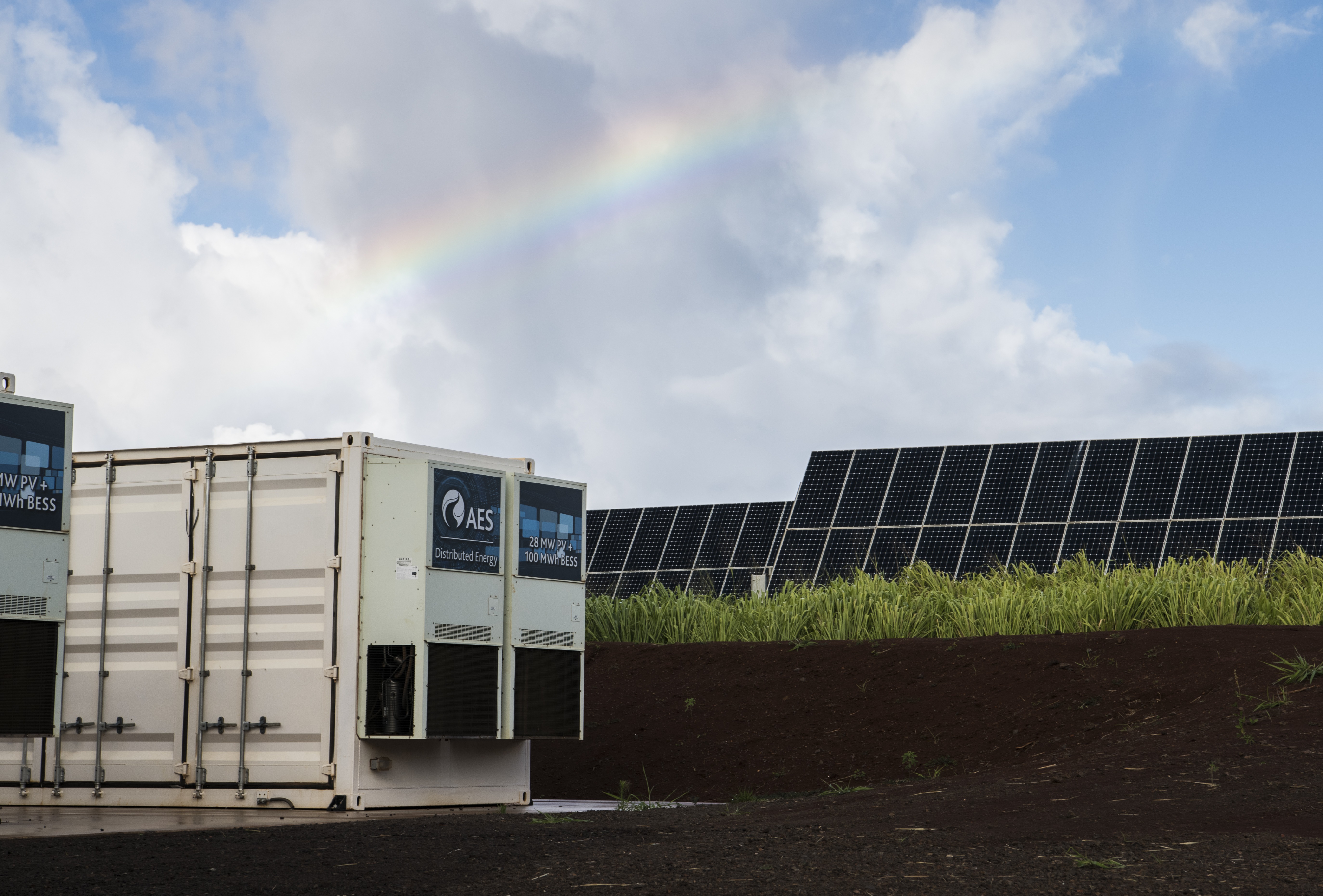The expansion of social media surveillance by U.S. immigration authorities signals a significant shift in enforcement tactics, raising critical concerns about privacy and civil liberties. Immigration and Customs Enforcement (ICE) is actively seeking to hire nearly 30 contractors to analyze social media content, transforming everyday posts, photos, and messages into actionable intelligence for deportation and arrest operations. This initiative, which involves staffing two targeting centers in Vermont and Southern California, aims to leverage platforms like Facebook, TikTok, Instagram, and YouTube to generate leads for enforcement actions. The program is currently in the request-for-information phase, indicating a preliminary exploration of contractor interest before moving to a formal bidding process.
The implications of this surveillance initiative are profound, as it reflects a growing reliance on technology to facilitate immigration enforcement. ICE's ambition to maintain a 24/7 operational capacity underscores the urgency and scale of the proposed program, which includes the integration of advanced subscription-based surveillance software. As the agency seeks to process cases rapidly and efficiently, the potential for overreach and misuse of data raises ethical questions about the balance between national security and individual rights. Stakeholders must critically assess the ramifications of such surveillance practices, particularly in terms of their impact on communities and the legal frameworks governing privacy and data protection.









